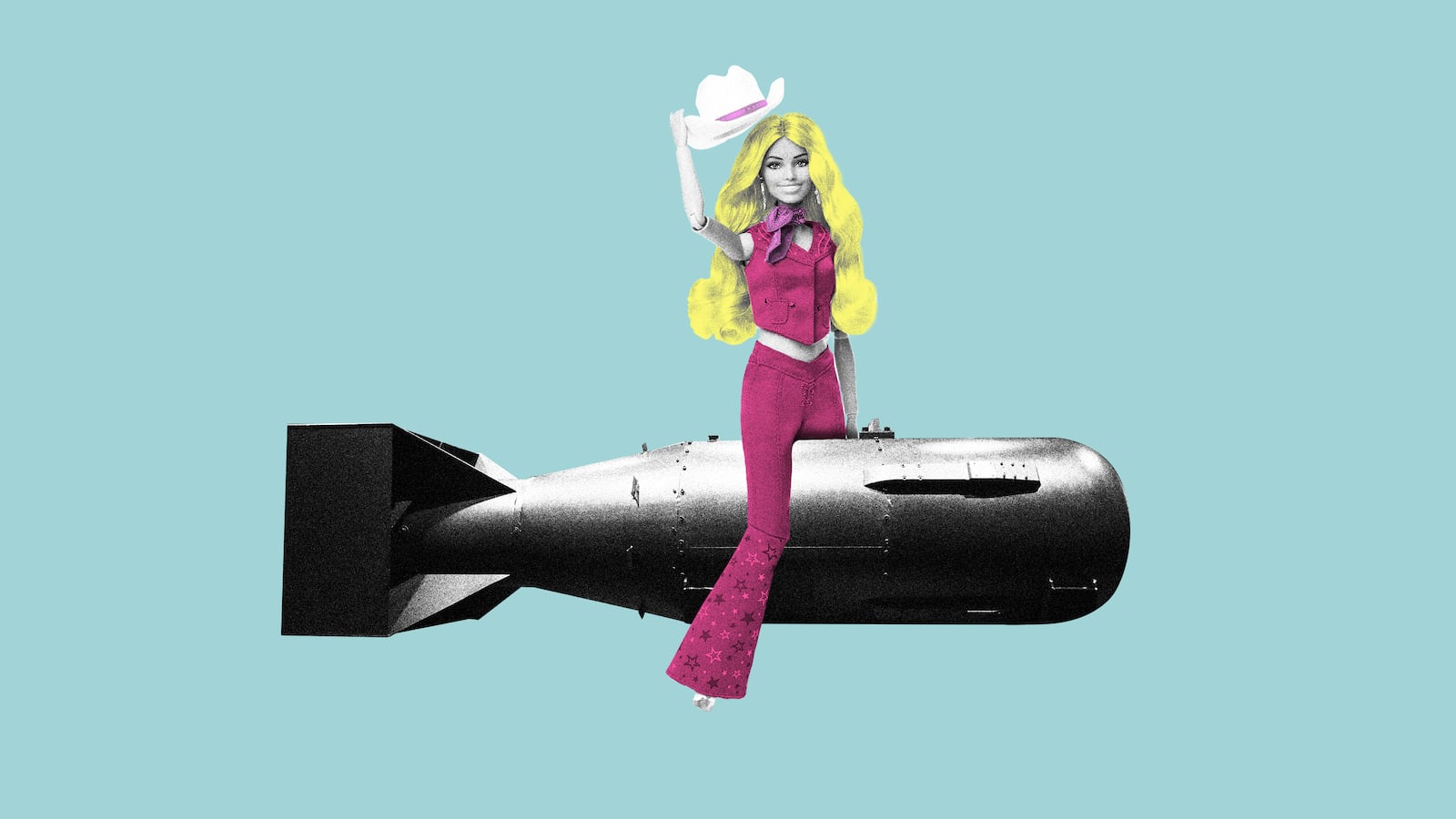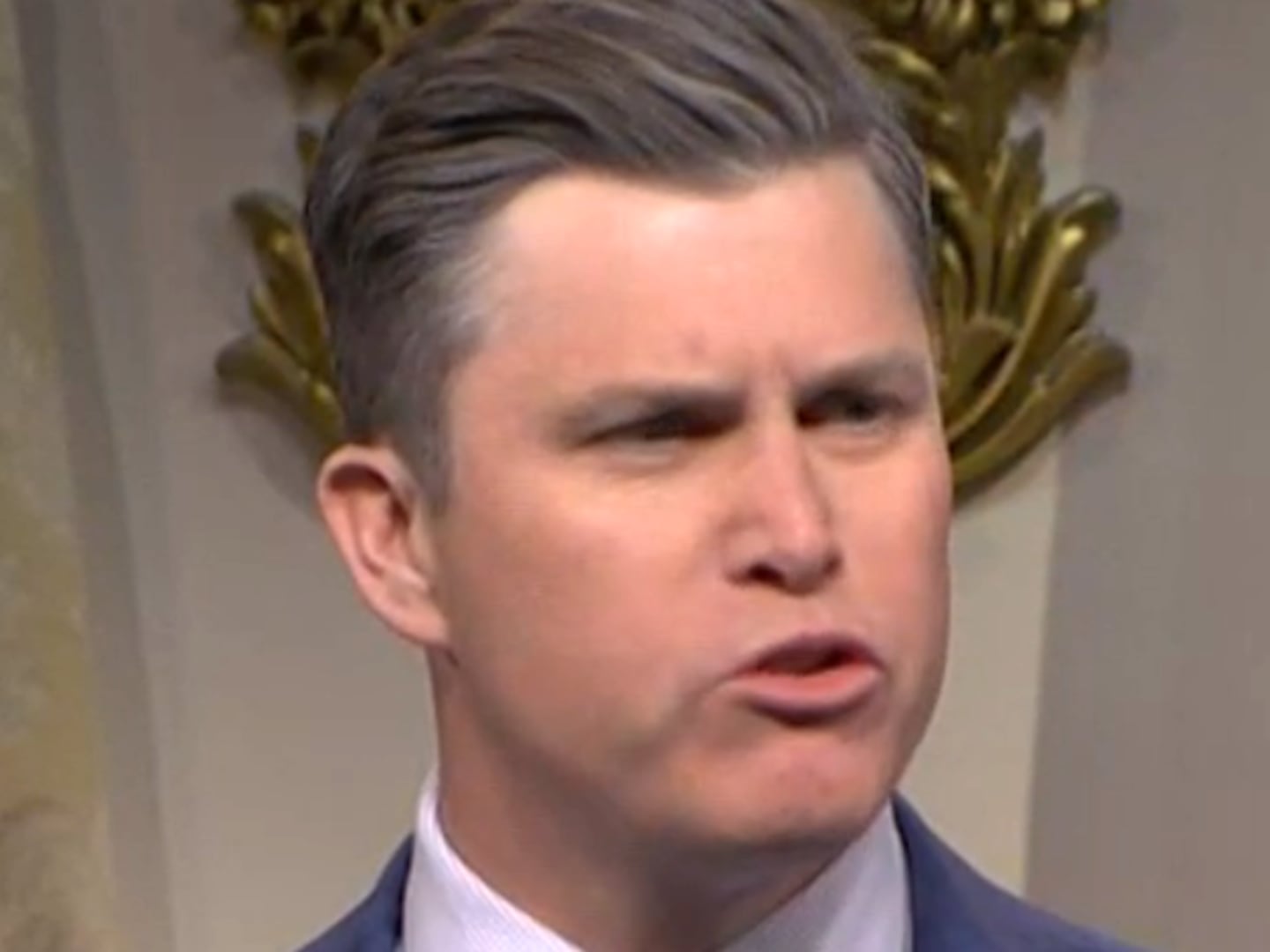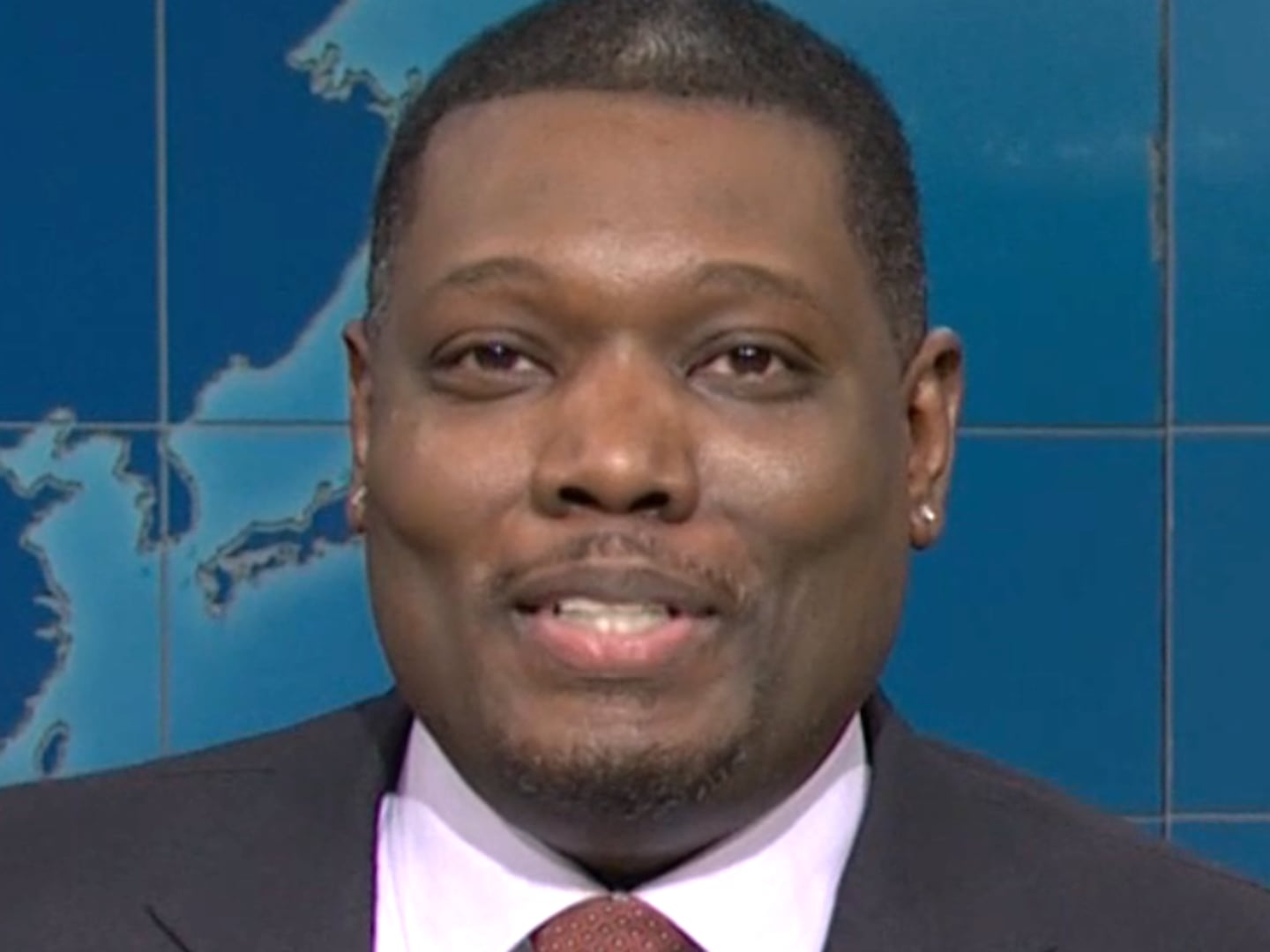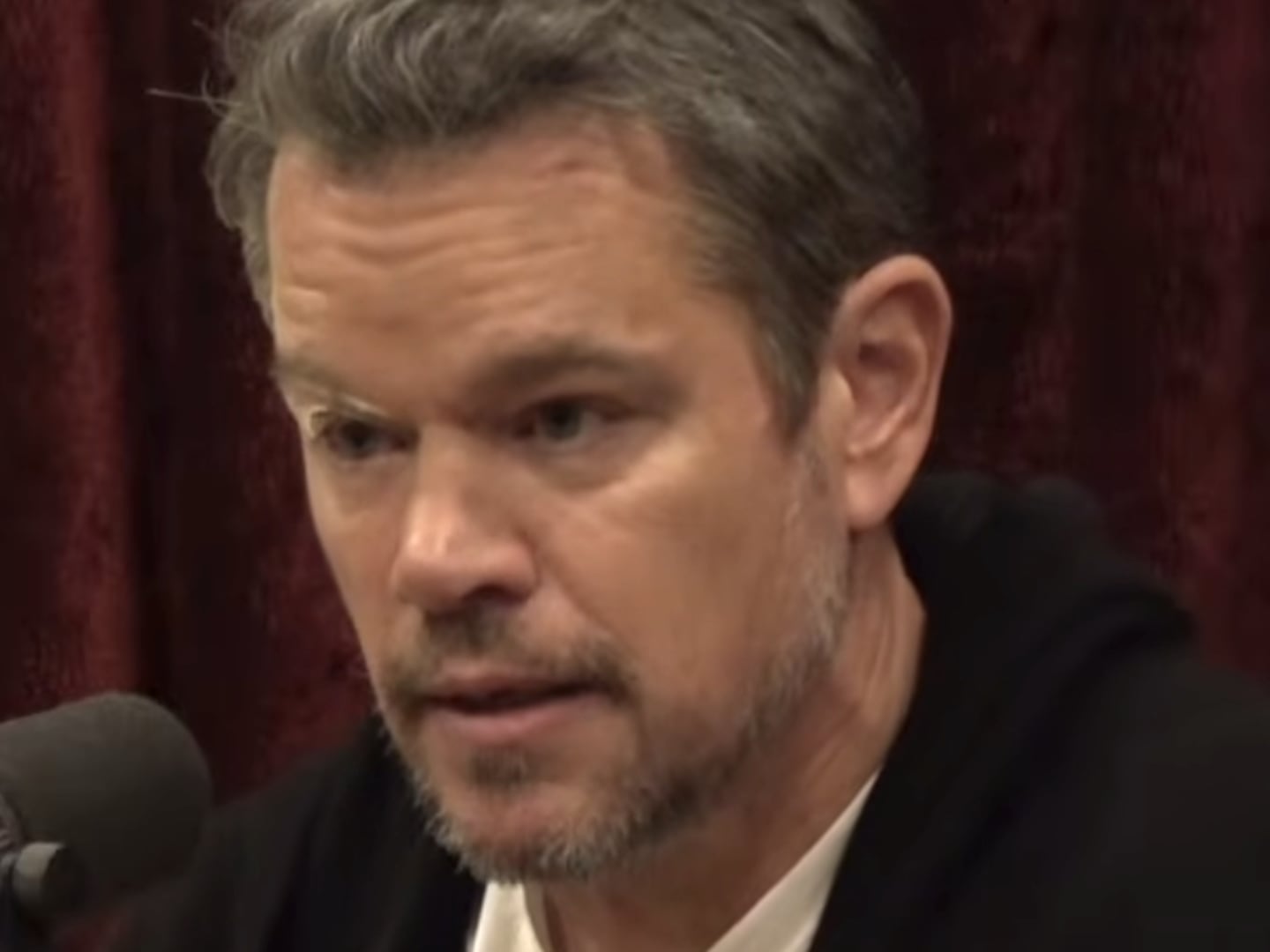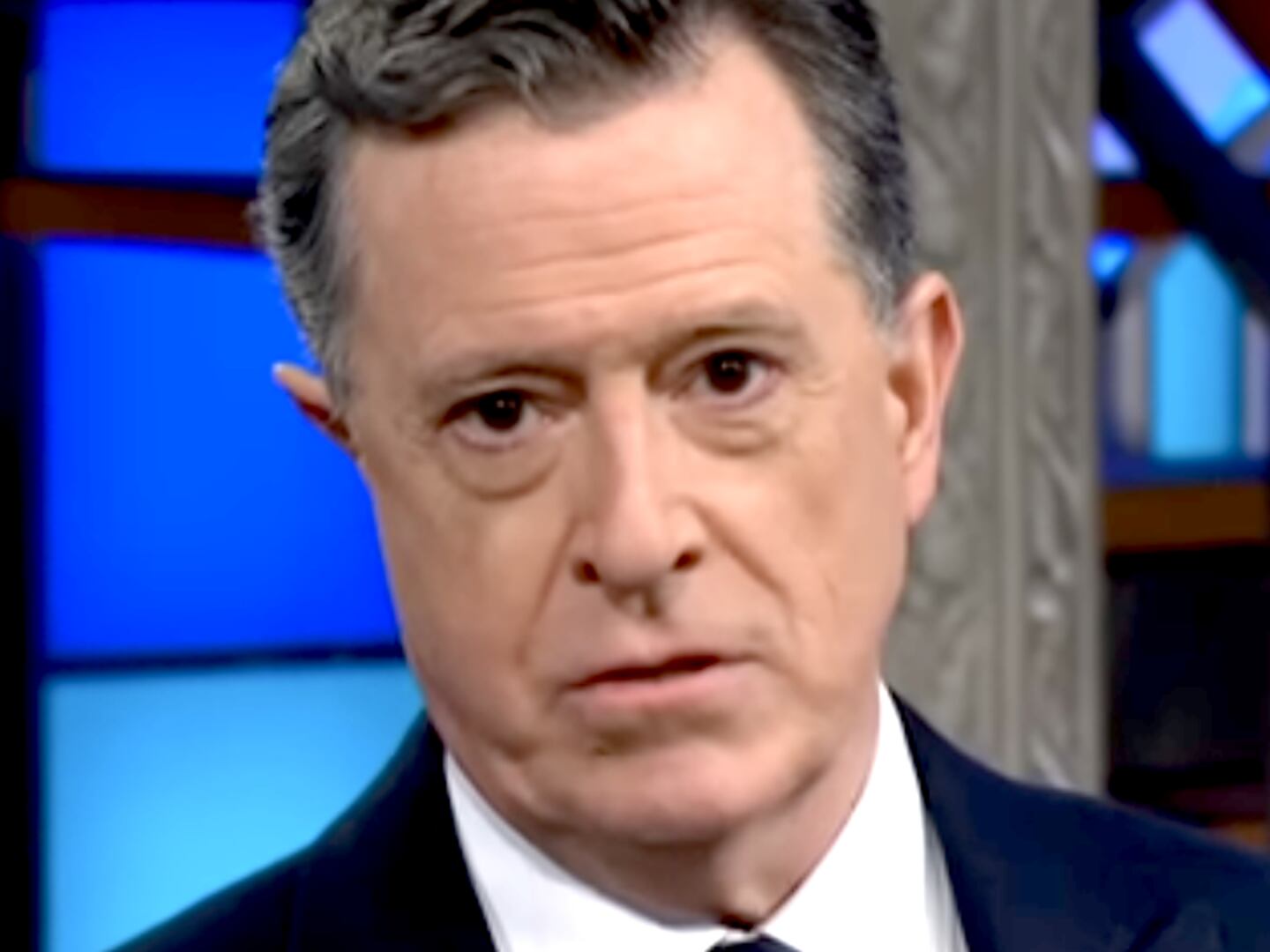Not sure what to watch next? Subscribe to The Daily Beast’s Obsessed See Skip newsletter here and get the latest show and movie recommendations every Tuesday.
There are roughly 47,000—oh, wait, a new Netflix Original just dropped; make that 47,001—TV shows and movies coming out each week. At Obsessed, we consider it our social duty to help you see the best and skip the rest.
We’ve already got a variety of in-depth, exclusive coverage on all of your streaming favorites and new releases, but sometimes what you’re looking for is a simple Do or Don’t. That’s why we created See/Skip, to tell you exactly what our writers think you should See and what you can Skip from the past week’s crowded entertainment landscape.
See: Oppenheimer

Oppenheimer is a harrowing marvel on every level, that doesn’t so much wear its three-hour runtime as justify it repeatedly. Perfected down to the minute details, it solidifies the film as director Christopher Nolan’s best, and perhaps his most insurmountable.
Here’s Nick Schager’s take:
“Christopher Nolan’s cinema is one of dualities: between knowledge and ignorance (Memento); seeing and sightlessness (Insomnia); good and evil (The Dark Knight); illusion and authenticity (The Prestige); dreaming and waking (Inception); courage and cowardice (Dunkirk); and the past and the present (Tenet). In that regard, Oppenheimer—a film of endless contrasts and contradictions—is the fullest expression of the writer/director’s artistry to date.
Propelled by the inexorable march of progress and imagination and electrified by the terrible thrill of theories, dreams, and miracles realized in all their devastating glory, it’s a divided epic of awe and horror, fission and fusion. It’s simultaneously a unified portrait of a conflicted man and a singular achievement for Hollywood’s reigning blockbuster auteur.
Adapted from Kai Bird and Martin J. Sherwin’s Pulitzer Prize-winning 2005 biography American Prometheus, Oppenheimer (July 21, in theaters) begins with images of raindrops falling on a pond’s surface and fiery detonations in the void—the first of innumerable opposing visions that are in unlikely harmony, or at least uneasy coexistence, in Nolan’s masterpiece.
An individual of myriad paradoxes, Cillian Murphy’s J. Robert Oppenheimer is a scientist (and the father of theoretical physics in the United States) who adores art and culture; a towering intellectual who’s incompetent in the laboratory; an arrogant leader who’s unwilling to fight; a devoted lover and partner who’s habitually unfaithful; and the architect of modern annihilation who wants to foster global peace. When, early in his academic career, he’s drawn to quantum physics, because it suggests that the impossible—namely, that light is both a wave and a particle—is true, it’s a telling snapshot of his inherent attraction to the irreconcilable.”
See: Barbie

Barbie makes the plastic way more than just fantastic; Greta Gewig’s film reaches new heights for mainstream cinema, proving that it’s not necessary to sacrifice a story’s empathetic soul just because its main character comes in a box.
Here’s Coleman Spilde’s take:
“With all of the chatter regarding the Barbie movie for the last four years, the most pressing question has ended up being whether Greta Gerwig’s film could exceed the insurmountable hype surrounding it. There was an influx of candid set photos, multiple trailers and pre-release clips, and massively popular memes that quickly created a level of fatigue that was just as ubiquitous as the Barbie poster generator. Barbie was a sensation long before we were close enough to see the radiant pink glow of its looming July 21 release date. Surely, no matter how good the film was, it could never fully live up to that amount of sheer anticipation.
But to settle for tempered expectations is simply not the Barbie way. Barbie can be a doctor, a CEO, a politician, and even a damn mermaid. The sky's the limit for Barbie—scratch that; she’ll become an astronaut and defy that restriction too. With all of these achievements under Barbie’s belt, who better to bring her story to the big screen than Gerwig? In her career as a writer and a director, Gerwig has crafted exceptional, singular films that brilliantly assess the subtleties of womanhood. No one is quite so adept at making the ultra-specific feel universal.”
Skip: Futurama

Futurama’s third reboot revives the iconic animated comedy for another blast through space and time, but the new season’s futurist satire of the 2020s often feels one-note, relying on references to the show’s substantially more impressive original run.
Here’s Allegra Frank’s take:
“Among the countless Simpsons jokes I think about on a near-constant basis, perhaps none comes to mind more often than ‘Moe gets a cell phone.’ In Season 13 of The Simpsons, the show was already well-aware of its own waning critical reception. It lampooned its longevity—which, 21 seasons later, has only become even more surprising—with a self-mocking song performed by NRBQ about how ‘they’ll never stop the Simpsons’: ‘Have no fears, we’ve got stories for years,’ it goes. ‘Like Marge becomes a robot! Maybe Moe gets a cell phone! Has Bart ever owned a bear?’
‘Moe gets a cell phone’ is a wildly threadbare premise for an episode, but if The Simpsons were to continue forever, threadbare premises would have to do. All three of the joking predictions in that song have since come true; Moe got himself a flip phone, and Bart prank-texted him on it. For as often as fans try to argue that The Simpsons is ‘still good,’ ‘They’ll Never Stop the Simpsons’ became not a joke, but an ironic prophecy—a testament to how a good thing doesn’t need to live forever. This was top of mind as I watched Hulu’s reboot of Futurama, The Simpsons’ sister series and perhaps the most immortal television show of the 21st century.”
See: Harley Quinn Season 4

Harley Quinn Season 4 takes the off-the-wall animated series further than ever. The show’s gloriously cheeky nature still pops with this season’s raunchy humor, but it's Harley’s search for personal growth that makes the series more than just vulgar hilarity.
Here’s Laura Bradley’s take:
“All around the Bat Cave in Harley Quinn, you’ll find details designed to remind you of the Bat Family’s one rule. The pillowcase, the WiFi password, and even the singing fish on the wall all want observers to remember that in this crew, ‘We Don’t Kill.’ As reasonable an edict as that might be for a group of vigilantes, and as reformed as the Joker’s former sidekick has become, that demand proves difficult for our newly minted ‘hero.’
When she first embraced her main-character energy at the start of Harley Quinn, Kaley Cuoco’s pigtailed harlequin wanted nothing more than to become the empress of darkness—or, at least, a card-carrying Legion of Doom member. By the end of Season 3, however, she’d switched sides to fight with the good guys, even as her girlfriend, Poison Ivy (Lake Bell) took over the villainous group as CEO. Now, as Season 4 kicks off with four episodes on Max starting July 27, the couple’s professional goals could not be further apart.”
Sign up for our See Skip newsletter here to find out which new shows and movies are worth watching, and which aren’t.

